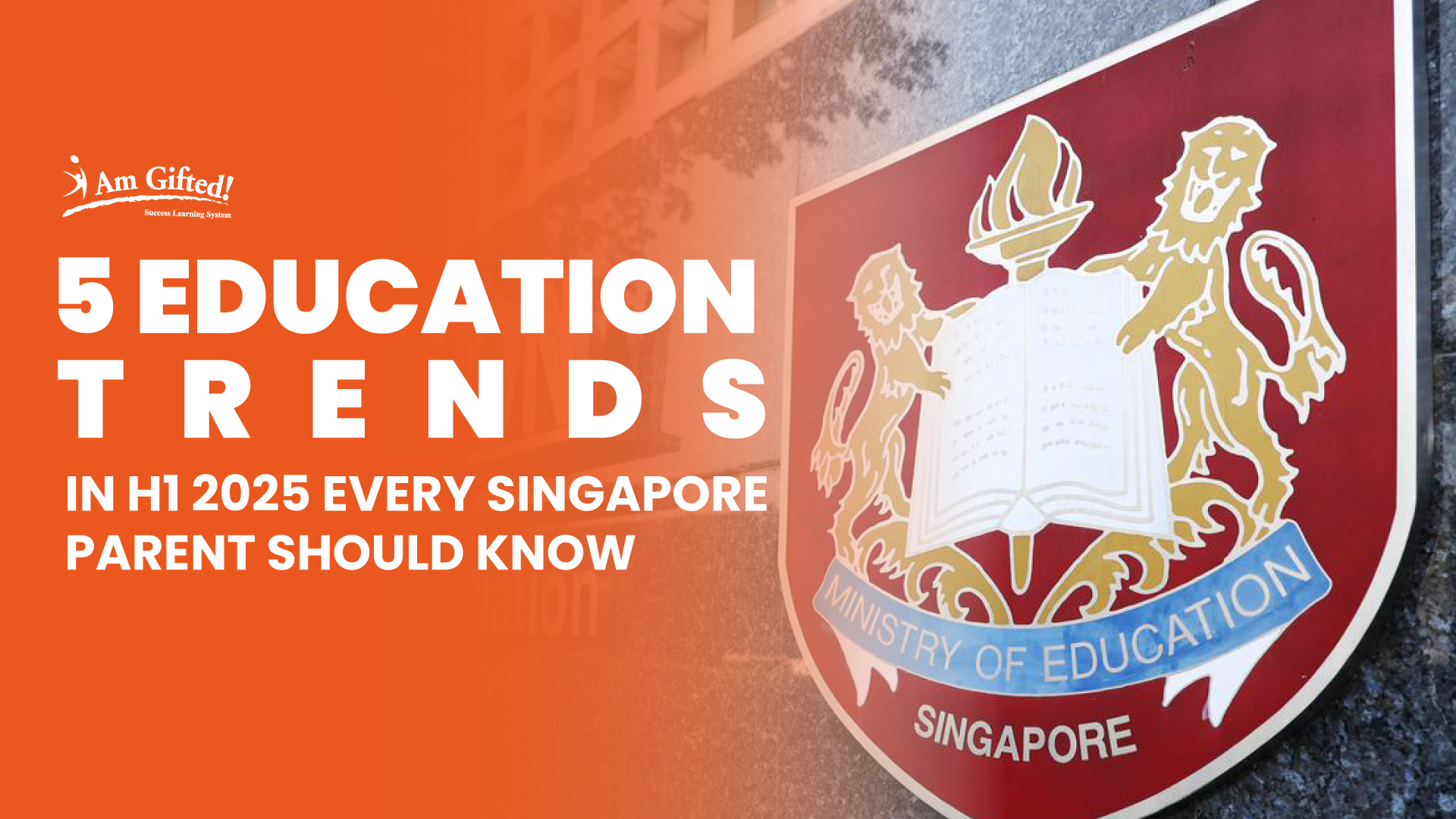5 Education Trends in H1 2025 Every Singapore Parent Should Know
The first half of 2025 has seen significant shifts in the Singapore education scene — from policy updates to social challenges that impact the way our children learn and grow. As parents, staying informed helps us better support our children not only in their academics but in building the right mindset, character, and confidence for life.
Here are 5 key developments from H1 2025 that you should know — and what they mean for you and your child.
1. MOE Pushes for Life Skills and Character Development
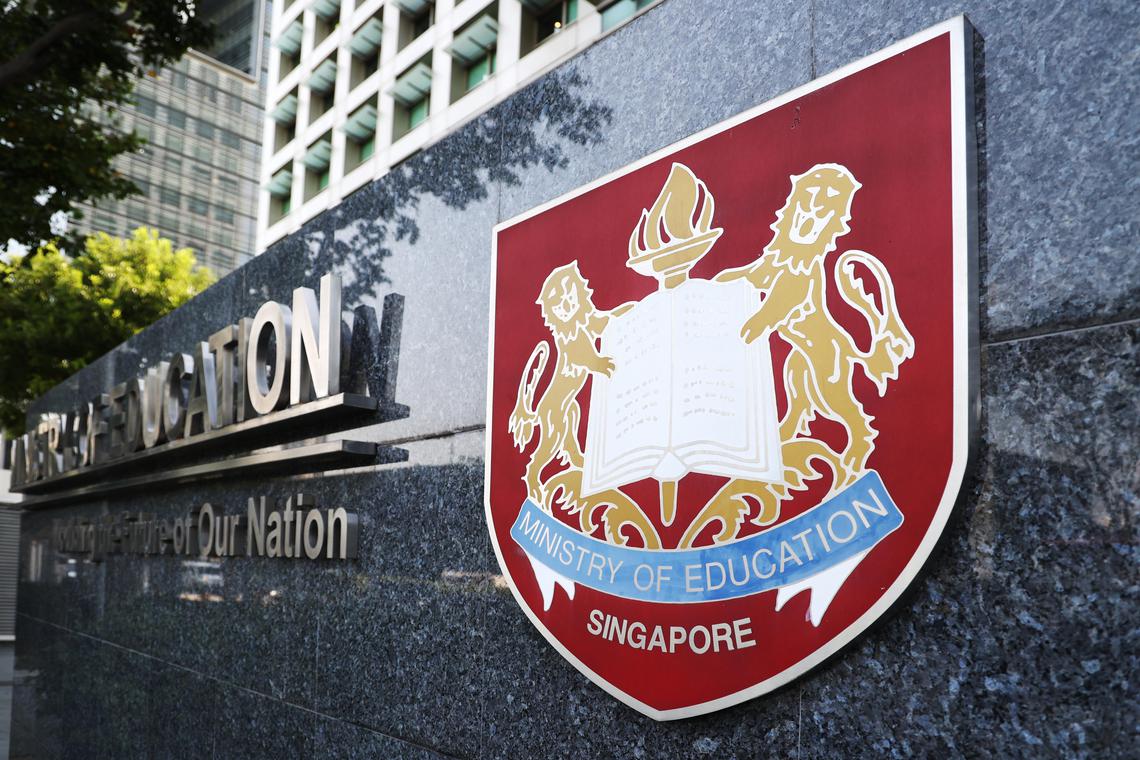
Image Source: www.straitstimes.com
Throughout 2025, the Ministry of Education has continued to move the spotlight beyond grades, reinforcing its commitment to nurturing future-ready learners with strong life skills. Critical thinking, adaptability, emotional regulation, and communication are being embedded more deeply into the curriculum — alongside academic learning.
What This Means for Parents:
The best support you can offer your child today goes beyond tuition and revision drills. Help them grow in resilience, self-awareness, and the confidence to express themselves. These are skills they’ll carry for life, no matter the exam outcome.
2. Vaping Crackdown Escalates: What Parents Need to Know
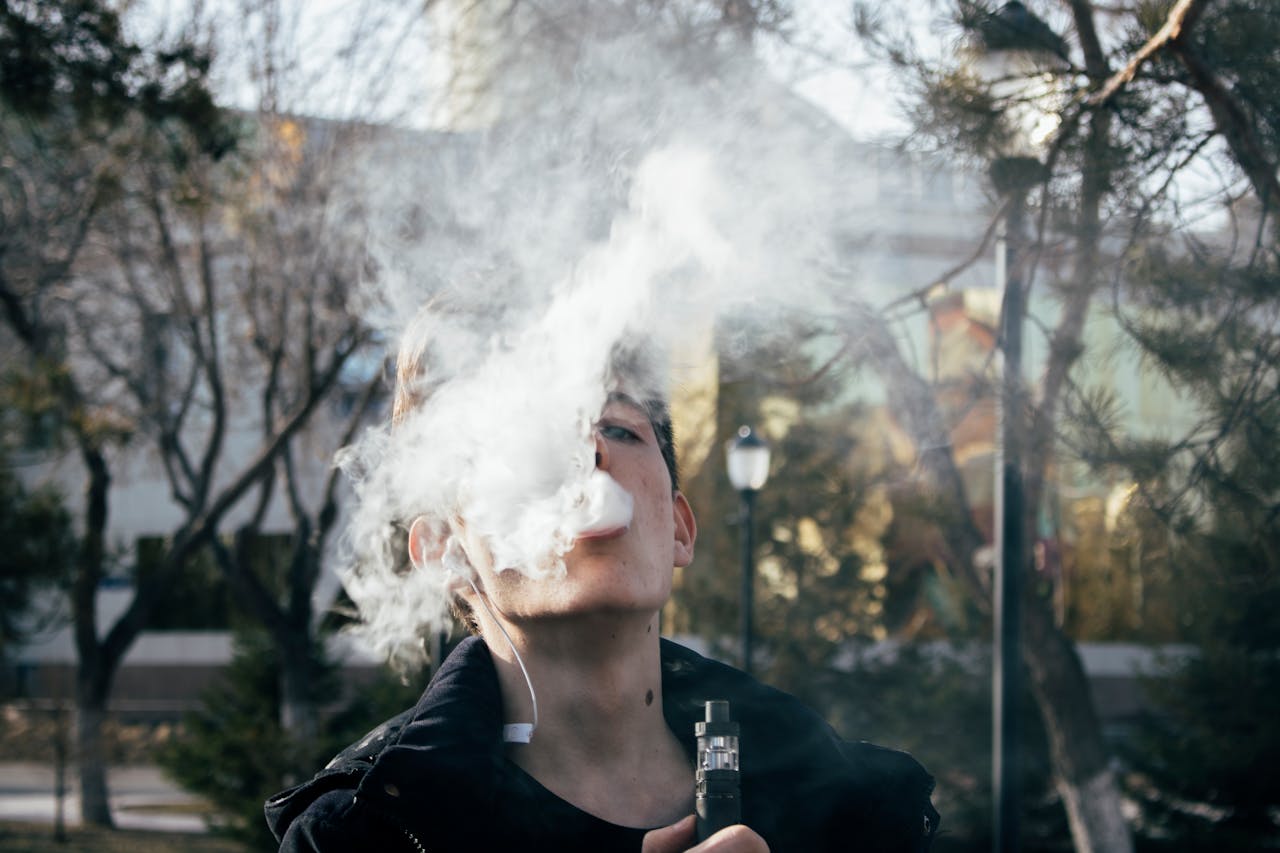
In a significant public health move in Q2 2025, Health Minister Ong Ye Kung announced that etomidate, a dangerous drug found in many illegal vapes, will be classified under the Misuse of Drugs Act. Authorities warn that youth may unknowingly break serious laws due to peer influence and misinformation. Schools and youth organisations are now ramping up education and prevention.
What This Means for Parents:
The laws are changing fast, and the risks are real. Teens may be exposed through peer circles, especially if they believe it’s “just vapour.” Start early, have honest conversations, and guide them toward smart choices rooted in values and responsibility.
3. Streaming Stress Still Exists Despite New Banding System

The move toward Subject-Based Banding (SBB) was meant to reduce pressure from streaming, but conversations among parents — especially in P5, P6 and Sec 2 — show that PSLE and streaming-related stress is still very real. Forums in the first half of 2025 highlighted concerns about school choices, parental expectations, and perceived competition.
What This Means for Parents:
Mindset matters. Whether your child is facing PSLE, Sec 2 streaming or end-of-year exams, it’s crucial to focus on growth, not comparison. Celebrate effort and improvement — not just end results.
4. Bullying Awareness Grows as More Cases Surface in 2025
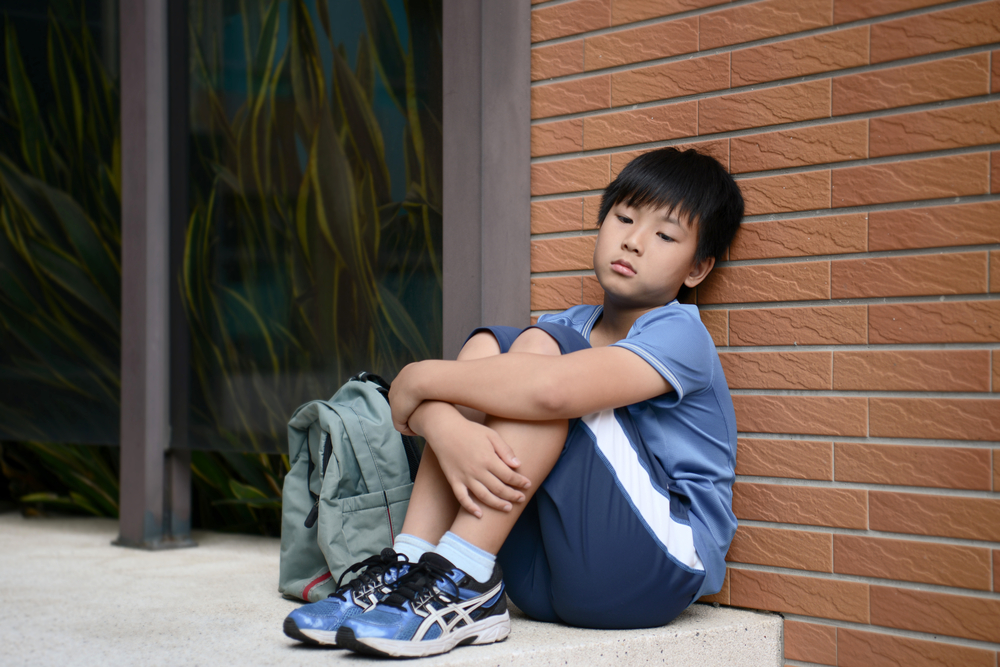
H1 2025 saw renewed focus on bullying cases, especially in upper primary and lower secondary. CNA and parent support groups spotlighted the importance of early intervention and building trust between parents and children, as many victims stay silent due to shame or fear.
What This Means for Parents:
Keep your radar on. Subtle changes in your child’s mood, appetite, or behaviour may signal something deeper. Equip them with the emotional vocabulary and confidence to speak up — and make sure they know you’re always in their corner.
5. Education Minister: “Let’s Not Obsess Over Metrics”
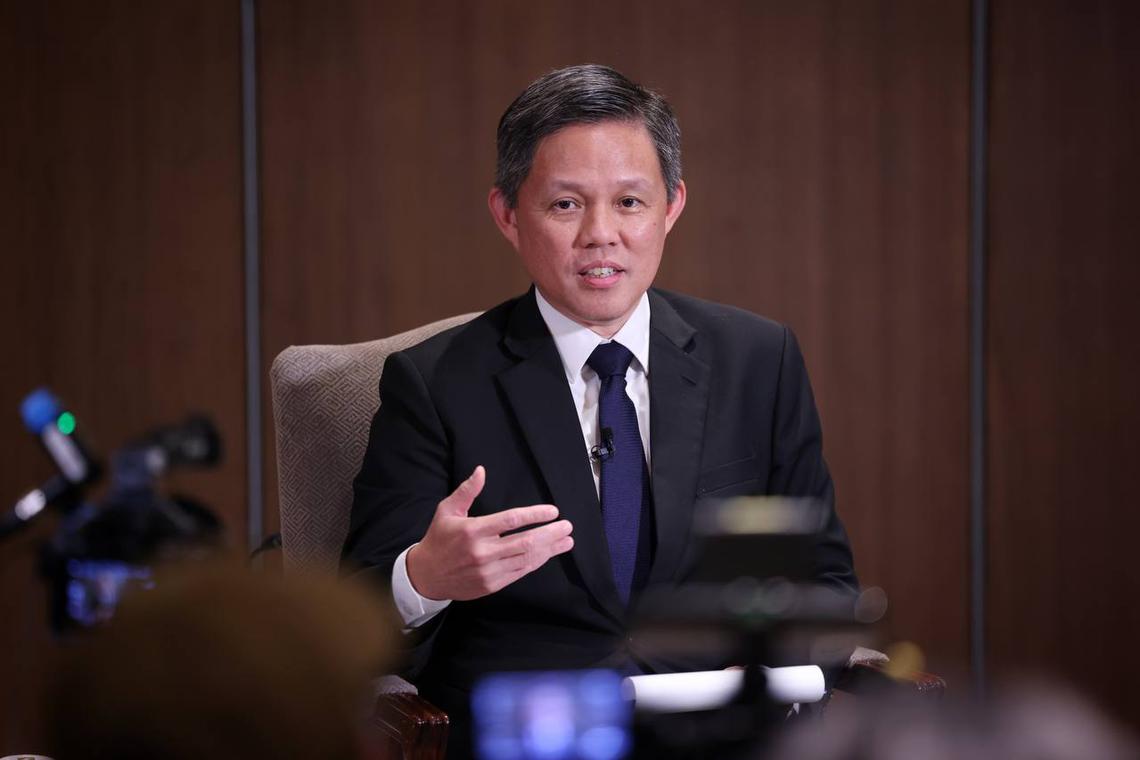
Image Source: www.straitstimes.com
In a major speech in March 2025, Education Minister Chan Chun Sing encouraged Singaporeans to rethink what success means, urging parents not to “over-emphasise academic rankings” but to raise children who are purposeful, self-driven, and emotionally resilient.
What This Means for Parents:
Every child shines differently. It’s time to look beyond league tables and explore what makes your child tick — their passions, purpose, and potential. Help them build internal motivation and the belief that they can succeed on their own terms.
From Policy Changes to Deeper Cultural Conversations
H1 2025 has revealed that education in Singapore is moving toward a more balanced, values-driven approach. As parents, this is our cue to nurture the emotional, mental, and social side of our children — not just their academic results.
If you’re exploring ways to help your child build confidence, communication, and life direction, there are meaningful opportunities available beyond the classroom. Stay involved, stay curious — and let your child grow into their best self, one step at a time.

If it is possible for others, it’s possible for you.
It is only a matter of strategy.
No matter what strategies you decide on, whether to pick up a relevant self-help book or attend a prestigious school holiday programme, remember that it all begins with your beliefs – how you see yourself and what you say to yourself every day.




